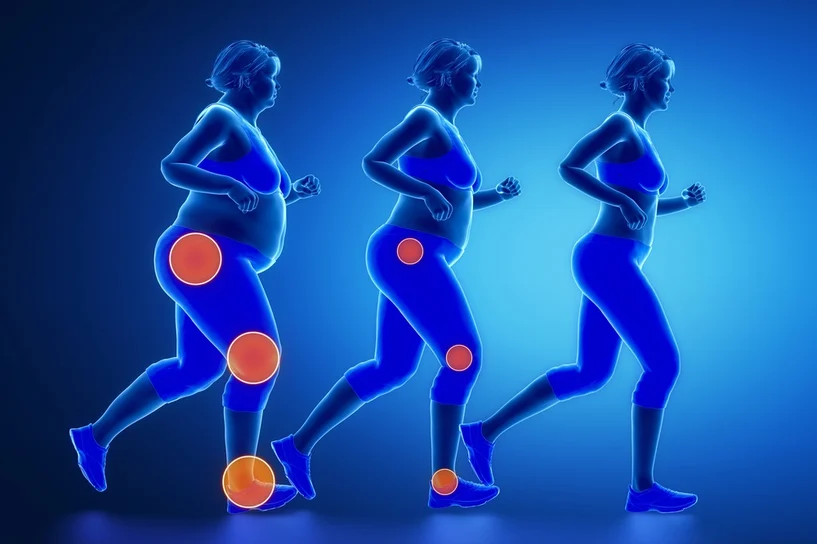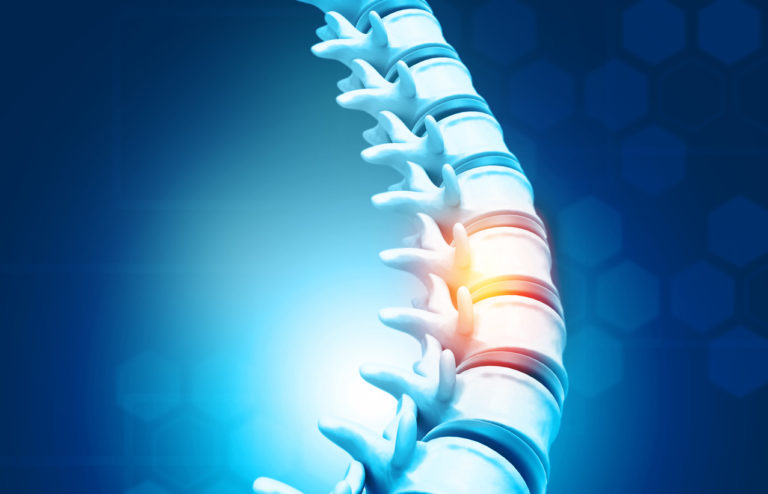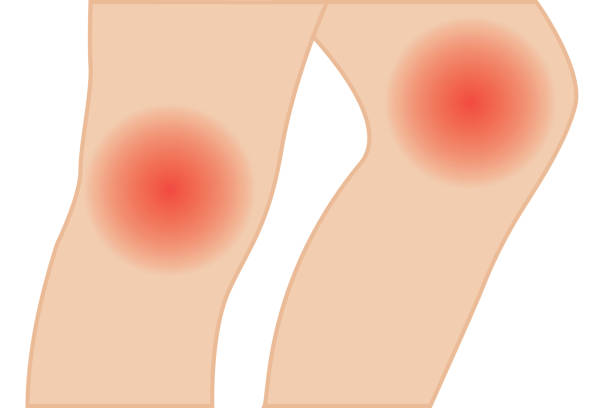



ACL (Anterior Cruciate Ligament) injuries can be a daunting hurdle for individuals passionate about sports and fitness. This crucial ligament in the knee provides stability, and its injury often demands comprehensive understanding and effective rehabilitation. In this blog, we’ll delve into the intricacies of ACL injuries, their causes, treatment options, and the path to a successful recovery.
Understanding ACL Injuries: Causes and Symptoms
ACL injuries typically occur during sports activities involving sudden stops, changes in direction, or jumping. Common causes include improper landing from a jump, sudden twists, or direct impact to the knee. Individuals experiencing an ACL injury may hear a pop, feel intense pain, and notice swelling, making it essential to seek immediate medical attention.
Diagnosis and Treatment
*Diagnosis of ACL injuries includes physical examinations and imaging tests.
*MRI scans may be conducted for a precise evaluation.
*Treatment varies based on the severity of the injury.
*Minor tears may be addressed with physical therapy and rehabilitation exercises.
*Severe tears often require surgical intervention.
*Surgery involves repairing or replacing the ligament through a graft.
The Road to Recovery: Rehabilitation and Physical Therapy
Rehabilitation after an ACL injury is a gradual process tailored to the individual’s needs. Physical therapy plays a pivotal role, focusing on strengthening the knee, improving flexibility, and enhancing overall mobility. A skilled physical therapist guides patients through exercises that rebuild strength in the quadriceps, hamstrings, and calf muscles while emphasizing balance and coordination.
Wearing Brace Is a Road to Recovery Too!
At Daphco Medical Equipment, we got you covered with your knee or ACL tear problems. We have a variety of knee brace that can provide relief and support. Utilizing a knee brace can serve as a preventive measure against Anterior Cruciate Ligament (ACL) injuries or offer support following an ACL tear. A specialized brace designed for ACL protection minimizes the duration your ACL is vulnerable, reducing the risk of tearing.
Check our online store for these types of knee brace and you will surely find comfort! Let’s go back to the topic then!
Preventing Future Injuries: Embracing Proactive Measures
Prevention is key in avoiding ACL injuries. Athletes can incorporate warm-up routines, proper techniques, and targeted exercises into their training regimen. Wearing appropriate footwear and using protective gear can significantly reduce the risk of injuries. Coaches and trainers also play a crucial role in educating athletes about safe practices.
Emotional Support and Mental Well-being
The journey of recovering from an ACL injury isn’t just physical but also emotional. Many individuals experience frustration, anxiety, and fear of re-injury during the rehabilitation process. Seeking support from friends, family, and mental health professionals can help in managing these emotions, ensuring a holistic recovery.
Conclusion: A Stronger Tomorrow
While ACL injuries can be challenging, understanding the injury, following a comprehensive rehabilitation plan, and embracing preventive measures can pave the way for a successful recovery. With the right guidance, support, and determination, individuals can overcome this setback and return to their active lifestyles stronger and more resilient than ever before. Remember, the key lies not just in healing the body but in nurturing the spirit, ensuring a brighter, injury-free tomorrow.
Search Articles
Latest Articles
28th Feb, 24
23rd Feb, 24
20th Feb, 24
15th Feb, 24
13th Feb, 24



 888-616-4156
888-616-4156 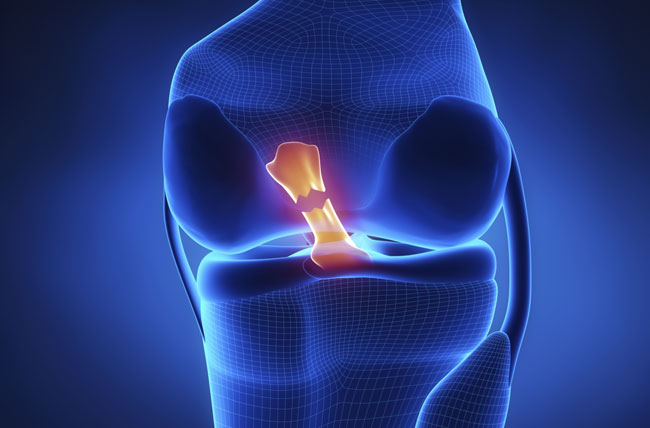

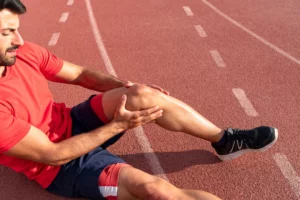
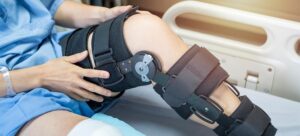
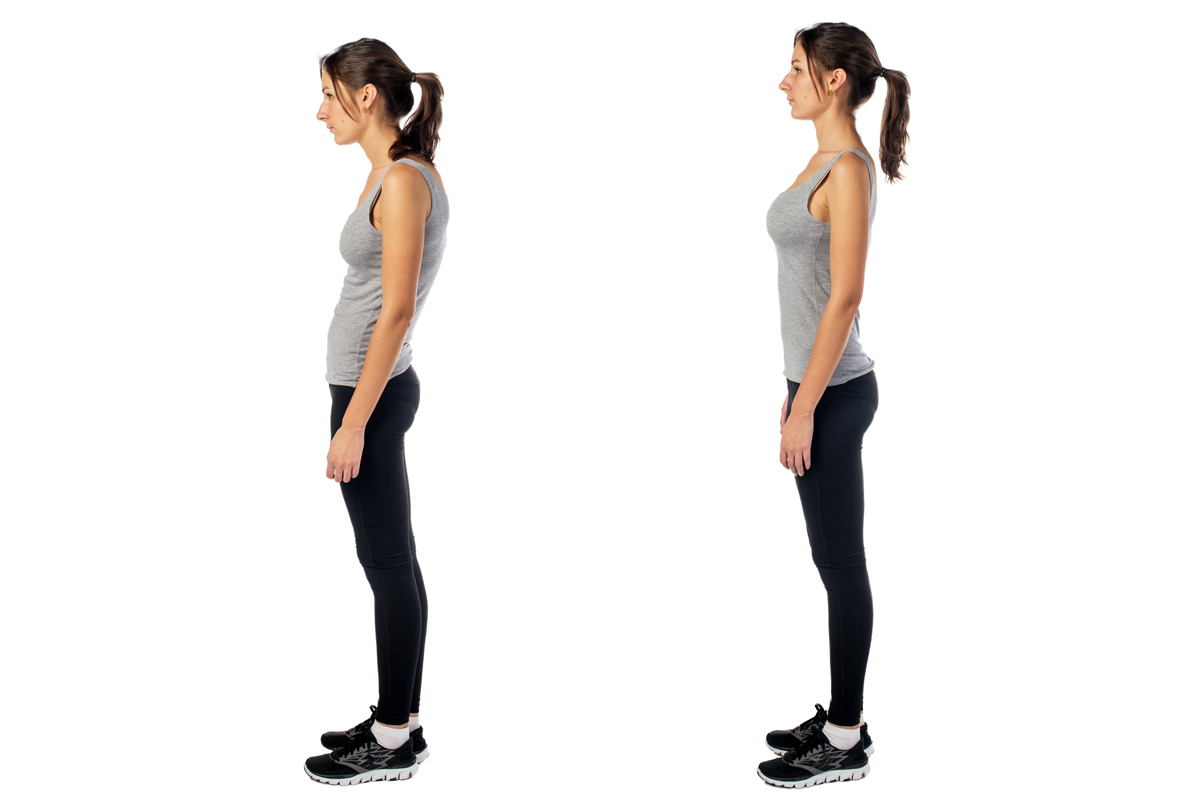
 28th Feb, 24
28th Feb, 24 